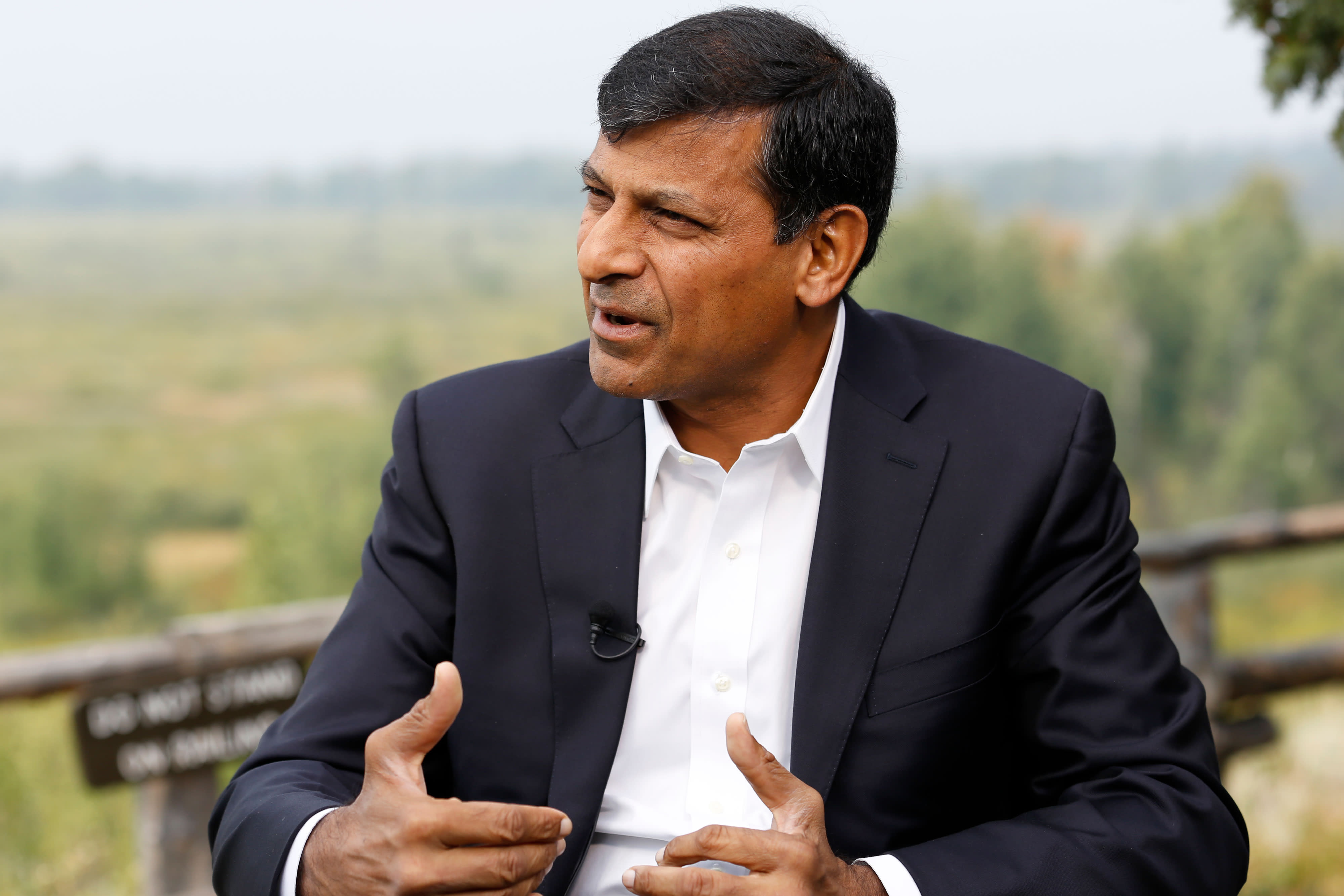
Former Indian Central Bank Governor Raghuram Rajan highlighted the tightrope that policymakers have to walk with monetary stimulus, warning that one false move may lead to a global “wealth shock” that could scare consumers.
With the cost of living surging ever higher in many regions around the world, central banks would typically dial back on their bond buying and push up rates to tame inflation.
The U.S. Federal Reserve has started to normalize policy after the economic fallout from the coronavirus pandemic. It said last week that bond purchases would start to taper “later this month” and acknowledged that price increases had been more rapid and enduring than central bankers had forecast.
Rajan, who led India’s Reserve Bank of India between 2013 and 2016, said this accommodative policy from many central banks had caused bubble-like conditions in certain assets, adding that he believed that inflation had now become “more than transitory.”
“One of the problems of course … if the central banks move too fast, markets adjust too quickly then you’ve got a huge wealth shock in the economy and that frightens consumers and so on, and you can precipitate the recession that you didn’t want in the first place,” he told CNBC’s Julianna Tatelbaum on Wednesday from the UBS Euro Conference.
He added that central banks needed to proceed cautiously, but warned against policymakers doing nothing at all.
“The longer they wait [to normalize policy] the more this sort of feeds on itself and there’s a belief that central banks aren’t going to move, rates will stay low for long,” Rajan said.
“Worst of all, is that the markets believe that central banks have their back. If things collapse they will come back again with really accommodative policy, and if that’s the case then the central banks are, in a sense, trapped by the markets.”
Last week, the Fed voted not to raise interest rates from their anchor near zero, and warned against expecting imminent rate hikes. The U.S. central bank, however, did not back off on using the controversial word “transitory” in relation to inflation.
— CNBC’s Jeff Cox contributed to this article.




